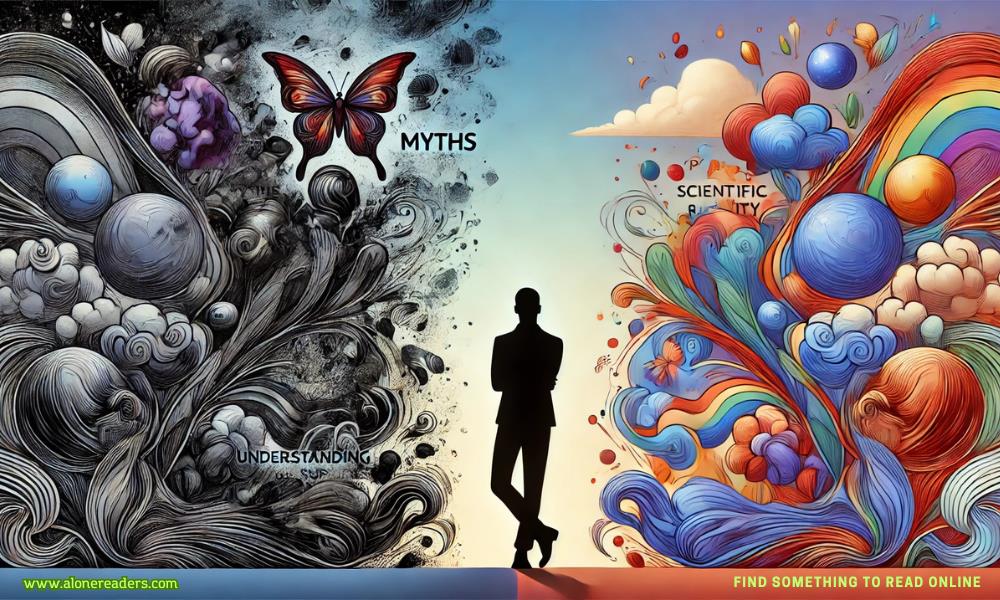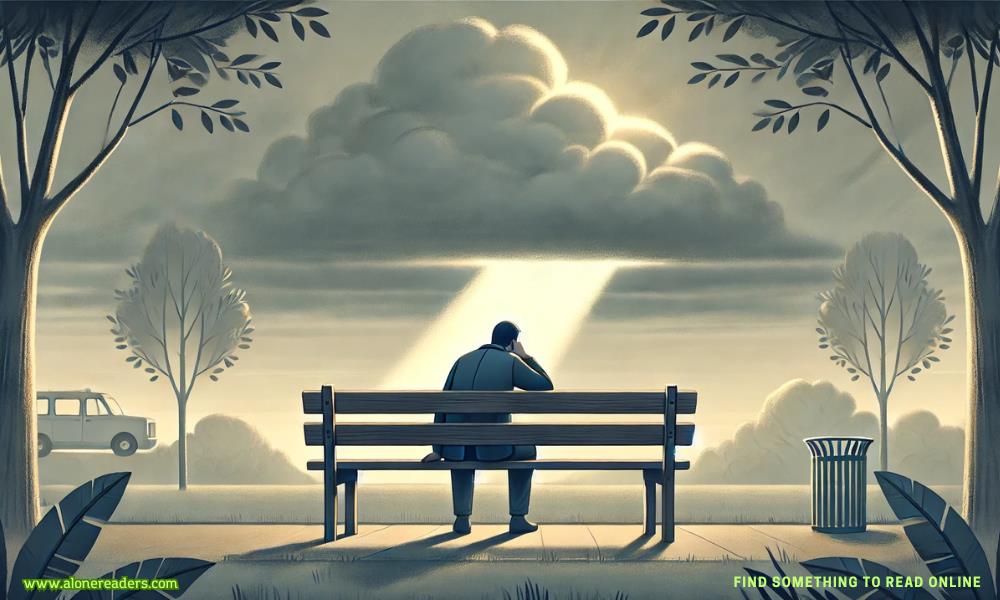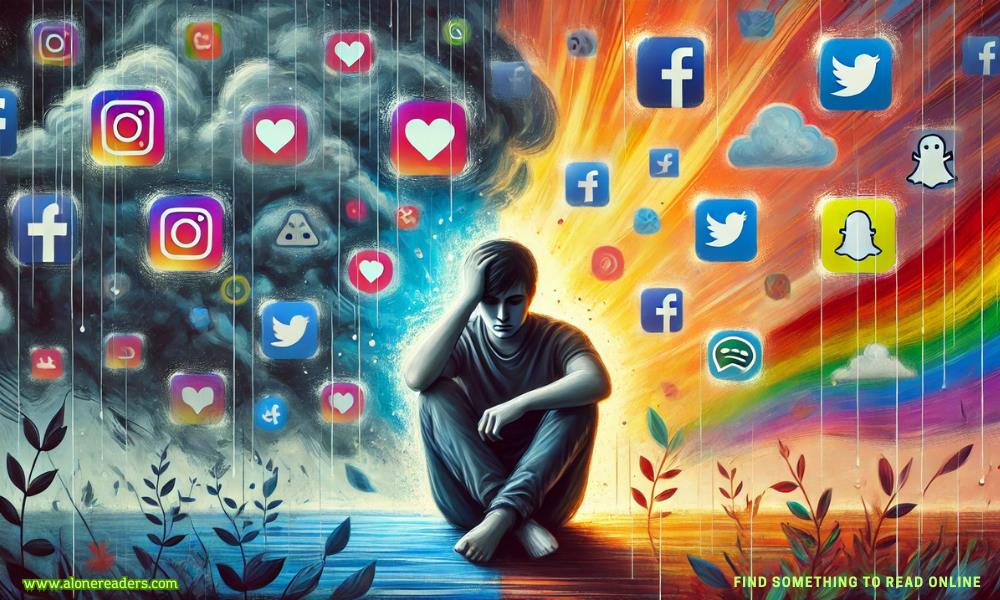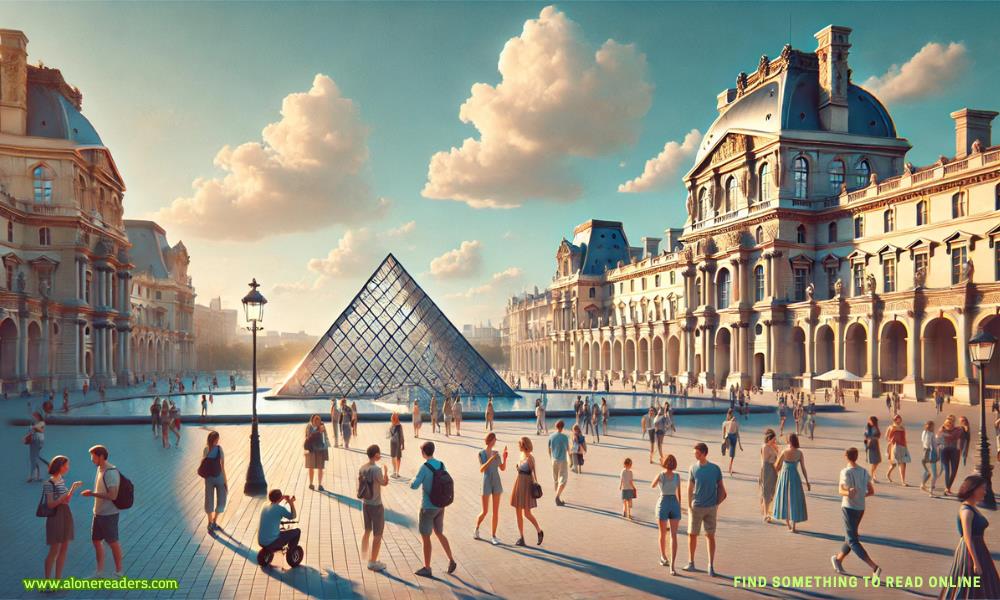Page 5 of Mission Shift
His body slackened slightly, and he struggled to lift his hand, his fingers curling weakly in my direction. “Tell my family—” He stopped to catch his breath, his chest heaving with the effort. “Tell them I fought for Ukraine. That I did all I could. And tell my mother I love her.”
I nodded slowly, tightening my grip on his hand. “I’ll make sure they know.” The promise settled heavily in my chest. It was one I’d keep no matter the cost to myself. “I’ll tell your story. Everyone will know what you fought for.”
His cracked lips lifted into a shadow of a smile, but the light in his eyes dimmed further. “And remember,” he whispered, his voice rough with effort, “never trust Americans. They’re all liars.”
His gaze flicked over to the stranger standing across the room, who shifted uncomfortably under our shared glare. Mr. Boy Scout tilted his head, probably sensing he was the subject of our conversation. I straightened, my eyes narrowing as I studied him, trying to size up what kind of threat he might be.
“Do you always stare at people like you’re planning to kill them?” he asked. There was a weak attempt at humor in his voice, though his unease was clear. His eyes darted between Zelenko and me.
“Shut up,” I muttered in Russian, and then my focus shifted back to Zelenko. “You did well,” I whispered softly, squeezing his shoulder. “Now rest.”
His chest barely rose and fell. He turned his head slightly toward me as his lips moved one last time, though no sound came out. I sat back on my heels, swallowing hard and forcing my focus back to the situation at hand. The clock was ticking, and sentimentality wouldn’t get me out of here alive. But deep down, in a place I’d buried beneath years of discipline, a flicker of sorrow stirred. Not that I’d ever let it show—especially not to the Boy Scout over there. I couldn’t afford for him or anyone else to think I was anything but ruthless. Still, protecting him was a duty I had no choice but to fulfill. He was like one of the stray dogs my mama used to bring home and nurse back to health while telling me that kindness was a strength and not a weakness. That thought lingered briefly, but I pushed it aside,returning my attention to searching this godforsaken house for anything useful.
The cabinets were bare, and the drawers were full of nothing but junk. I shoved one closed with a dull thud and turned toward the American, who was trying way too hard to pretend he wasn’t planning something stupid. His nervous glances toward the back door gave him away. His broad frame shifted as he inched closer to it again, slowly and deliberately; he probably thought I wouldn’t notice.
For fuck’s sake, was he serious? I didn’t bother stopping him—yet. Let him think he had a chance. Pausing my search, I watched while Mr. Boy Scout crept along toward the exit with what I assumed he thought was stealth. This man was built as solid as a damn bear but moved with the nervous energy of a frightened rabbit. He was too big to sneak anywhere, and the way his boots scuffed the floor made me roll my eyes. My lips twitched with amusement. Even if he were to escape me, he would be stumbling into far greater danger.
Before I could decide whether to call him out, the low rumble of engines outside drew my attention. The crunch of gravel followed, accompanied by the heavy hiss of air brakes. The sound crawled up my spine, familiar and unwelcome.
Convoy. Shit.
The American froze, his head jerking toward the sound outside. He wasn’t stupid—he understood what it meant, even if he didn’t fully grasp the danger. He turned to glance back at me, wide-eyed. For a second, I almost pitied him.
“Nazad,” I barked, commanding him to get back and pointing to the corner of the room. He didn’t move, his eyes darting between me and the front door. His hesitation said everything—he didn’t trust me, and he shouldn’t. I shot him a nasty look that said I wasn’t asking. Taking a deep breath, he shifted toward the corner, his focus glued to the doorway.
I didn’t wait to see if he complied but stepped out onto the porch and walked over to the edge of the road. Three military vehicles had pulled up out front. Two of the trucks fanned out slightly, forming a staggered line. The engines idled as several men climbed out from two of the trucks. They pointed their rifles at me, and I cocked my head and crossed my arms over my chest, letting out an exasperated breath. I wanted them to understand that, although I didn’t plan on being aggressive, I wasn’t intimidated by them either.
My eyes assessed the trucks and the men. The vehicles bore no visible insignias, just scuffed-up, flat olive paint. The soldiers wore mismatched uniforms—standard-issue fatigues paired with nondescript jackets. Their patches were covered or absent altogether, a clear effort to obscure their affiliations. But I wasn’t fooled. The way they moved, the hint of Cyrillic stenciling on a shoulder patch here, the faded Russian digital camouflage on a pair of pants there—it was enough. Russians. My people. Or at least, they thought I was theirs. The lack of markings meant they were on a clandestine mission.
An imposing man climbed out of the first truck. His broad chest puffed out beneath his uniform, which was slightly more intact than those of the others. His gray-streaked beard twitched as he scanned me. His hand rested on the grip of his sidearm, though he didn’t draw it.
“Who’s in charge here?” he called out, his gravelly bark carrying over the idling engines.
I squared my shoulders and stepped forward, making sure every movement radiated confidence. “I am,” I said, earning me a raised brow from him.
He took a slow step closer. “Who the hell are you?”
I held my ground, letting the question hang between us for a moment. The men behind him adjusted their stances. He waited,not moving a muscle, as if he was measuring whether I was worth listening to—or if he should shoot me.
I raised my chin and cautiously reached into the hidden pocket sewn to the inside of my shirt, retrieving a small metal token embossed with the double-headed eagle of the Russian Federation. Holding it up between two fingers, I tilted it just enough for the light to catch its surface. “Signal three-one-four, confirmation?” I asked.
His gaze darted to the token, then back to my face. He hesitated, reached into his own jacket, and produced an identical token. “Code word?” he asked. His tone had softened slightly but was still guarded.
“Iron,” I answered calmly. “Now yours.”
He gave a curt nod. “Hammer.” With that, he slipped the token back into his pocket and took another step forward.
I closed the distance between us in two strides. “Lieutenant Colonel Daria Melnichenko. Special Intelligence Division. You’ve heard of me, right?” My voice was sharp enough to cut steel, and I dared him to question me.
Recognition flashed across his face. The bravado drained from his posture, replaced by a grudging respect—and maybe an ounce of fear. “Yes, Lieutenant Colonel. Of course.” He snapped into a formal stance, his boots clicking together as his gaze dropped to the ground. When he resumed eye contact, the recognition in his eyes said it all—my reputation had preceded me.
I dipped my chin. “And who the hell are you?” I hissed.
“Sergeant Major Ivan Taranov, commander of this convoy, Lieutenant Colonel.” His voice had the practiced cadence of a soldier who was used to answering superior officers.
My eyes swept over him, taking in his slightly disheveled uniform and the weariness of his features. This was a career man who had likely spent more time dodging responsibility thanearning medals. He wasn’t a threat—at least not directly—but I didn’t relax an inch. Instead, I allowed the smallest of smiles to curve my lips, just enough to keep him on edge.
I gestured with a curt nod toward his men. “Now tell them to lower their weapons. We’re not enemies.”
- The Sheikh and the Single Mom by Holly Rayner
- Extra Tight by A.R. Taboo
- Dominance by Lisa Cullen
- Buried by T.O. Smith
- Savage Claim by Bella Ash
- Savage Proposal by Bella Ash
- Inappropriately Matched by Chloe Kent
- Wilde Secrets by Melanie Hepburn
- The Devil's Torment by Tracie Delaney
- Ms. Mosley by Talena Tillman
- Stricken by N.N. Britt
- Unspoken by N.N. Britt
- Isaac by N.N. Britt
- Past Lovers by Kelex
- Bitten by Kelex
- Best Friends by Kelex







